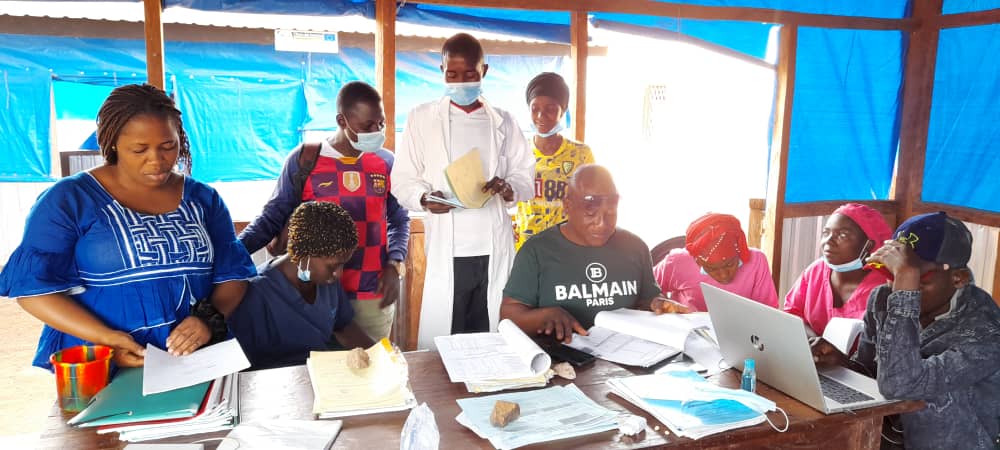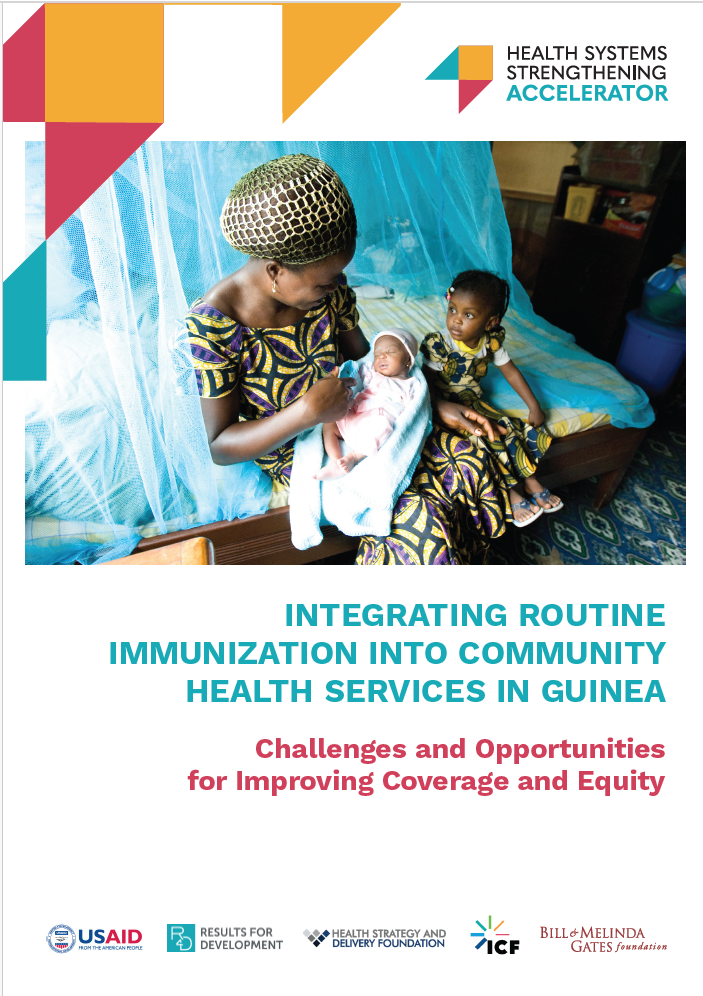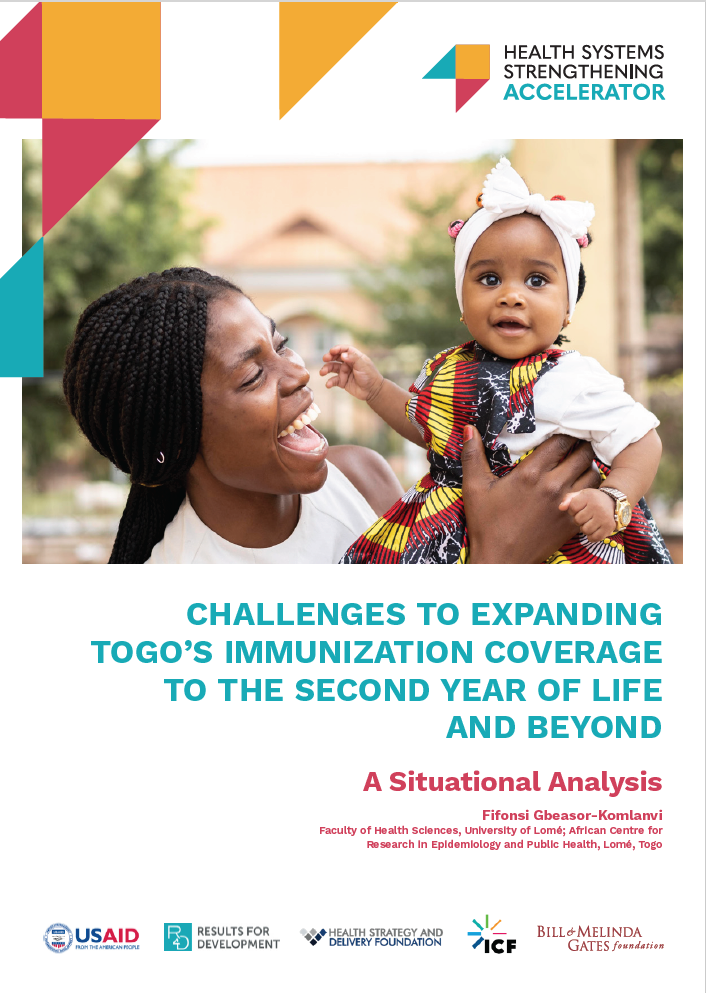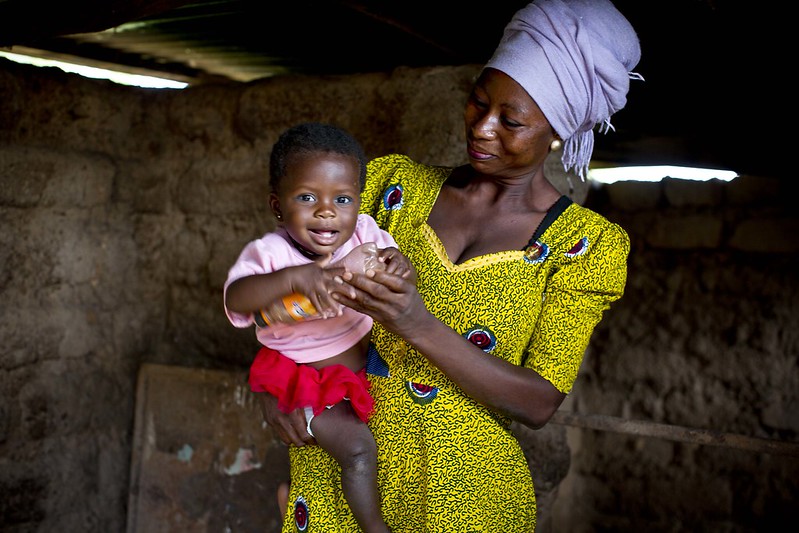Over the past decade, Guinea’s government has shifted from a centrally managed health system to a decentralized one, transferring power, decision-making, and funding to various administrative levels. These changes have been implemented through national policies and strategies designed to improve health services and outcomes. This study examines how well actors at decentralized levels understand and …
Approach Archives:
Integrating Routine Immunization into Community Health Services in Guinea
This report identifies several opportunities to integrate community health and immunization under Guinea’s National Community Health Policy.
Challenges to Expanding Togo’s Immunization Coverage to the Second Year of Life and Beyond
Developing innovative interventions to reach Togo’s zero-dose children and missed communities.
Leaving No One Behind: The Role of Primary Care Provider Networks in Advancing Equitable Universal Health Coverage in Four Districts of Ghana
How can the network model be enhanced to promote and sustain equitable access to quality essential health services in Ghana?
Can Immunization Campaigns Contribute to Routine Immunization? Lessons for the COVID-19 Era and Beyond
The Accelerator conducted a systematic review to find existing evidence on these priority themes, with a focus on synthesizing lessons on the practical opportunities and challenges in leveraging campaign and campaign outputs to strengthen RI systems.
Leaving No One Behind: The Role of Primary Care Provider Networks in Advancing Equitable Universal Health Coverage in the South Dayi and South Tongu Districts in Ghana
With support from USAID, the Health Systems Strengthening Accelerator conducted implementation research on the role Primary Care Provider Networks can play in advancing health equity.










